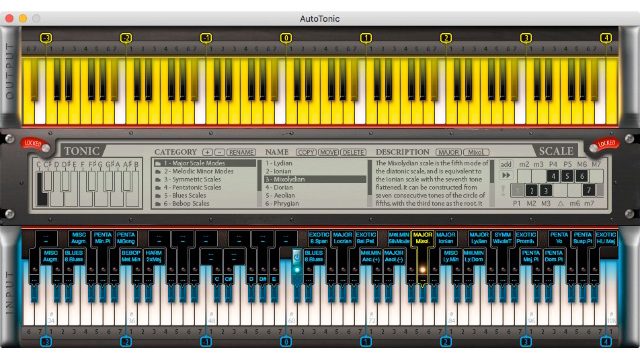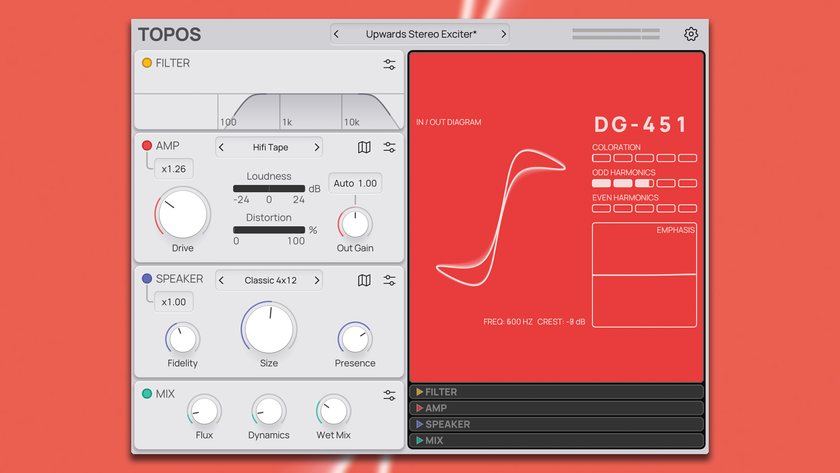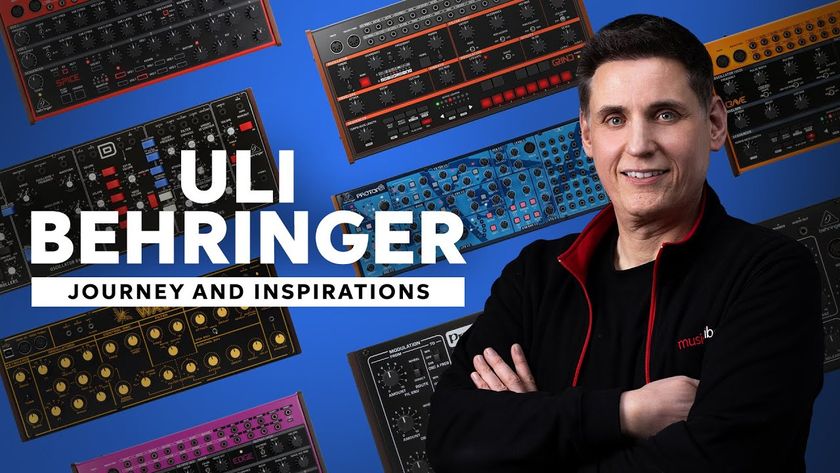Can 'musical assistant' plugins replace music theory knowledge
We ask the industry if formal training is as necessary as it used to be

With so many applications and plugins handling the melodic and chordal side of music composition for us these days, do really need to even bother making the (considerable) effort to learn the ropes of music theory any more?
We asked five developers of the software in question to give us their take on the matter…
Kirnu
"I think that a well coded plugin or tool can bridge small gaps in people's music theory knowledge. The gap shouldn't be too huge, otherwise the user can't reach his goal even with a very smart plugin. The user's focus should be to gain music theory knowledge, and some plugins can help with that."
Pepe Lopez
Xfer Records
"I wanted to know everything I could about music, so I got a four-year degree in music composition, which taught me a lot about theory. The tools of today, I think, aren't very different from, say, CAD programs for architecture - the tools will help you try out ideas, but there's no substitute for having studied architecture.
"Since releasing my Cthulhu plugin, I've heard grumblings from people who have 'invested' in studying theory, afraid that Cthulhu has made the fruits of their study available to all for $39. While it's true that Cthulhu can allow an untrained person to mindlessly create something harmonically rich and interesting, the idea wasn't ever to replace traditional music theory - I hoped the opposite: that it would get people more into exploring harmony and thus wanting to grow their theory knowledge."
Steve Duda
Get the MusicRadar Newsletter
Want all the hottest music and gear news, reviews, deals, features and more, direct to your inbox? Sign up here.
Mozaic Beats
"It's important to understand that the more one knows about music theory, the better equipped they'll be to use these types of software. If you're looking to just implement MIDI effects without learning anything about theory, you'll definitely improve your output, but you'll lack the context on how to really use them.
Zac Kinter
Re-Compose
"Tools like our Liquid Notes can assist in creating perfect chord progressions, but it's not a silver bullet - the system is only as good as the input delivered by the user.
"There is no right or wrong in music, which gives composers flexibility, but it certainly helps to have a basic understanding of music theory when working with any music software - otherwise, the underlying basics for why the machine takes a certain decision are not understood."
Roland Trimmel
AutoTonic
"It depends on the specific features of the software, but for AutoTonic, with its patented scale switching technique, I'd say that we're dealing with a whole new kind of instrument. So then the question would be, 'To what extent can a new instrument overcome a lack of music theory knowledge?' Well, the piano is already one of the easiest instruments, but AutoTonic has made it even easier to use."
Clemens Slama


Computer Music magazine is the world’s best selling publication dedicated solely to making great music with your Mac or PC computer. Each issue it brings its lucky readers the best in cutting-edge tutorials, need-to-know, expert software reviews and even all the tools you actually need to make great music today, courtesy of our legendary CM Plugin Suite.





![Chris Hayes [left] wears a purple checked shirt and plays his 1957 Stratocaster in the studio; Michael J. Fox tears it up onstage as Marty McFly in the 1985 blockbuster Back To The Future.](https://cdn.mos.cms.futurecdn.net/nWZUSbFAwA6EqQdruLmXXh-840-80.jpg)






